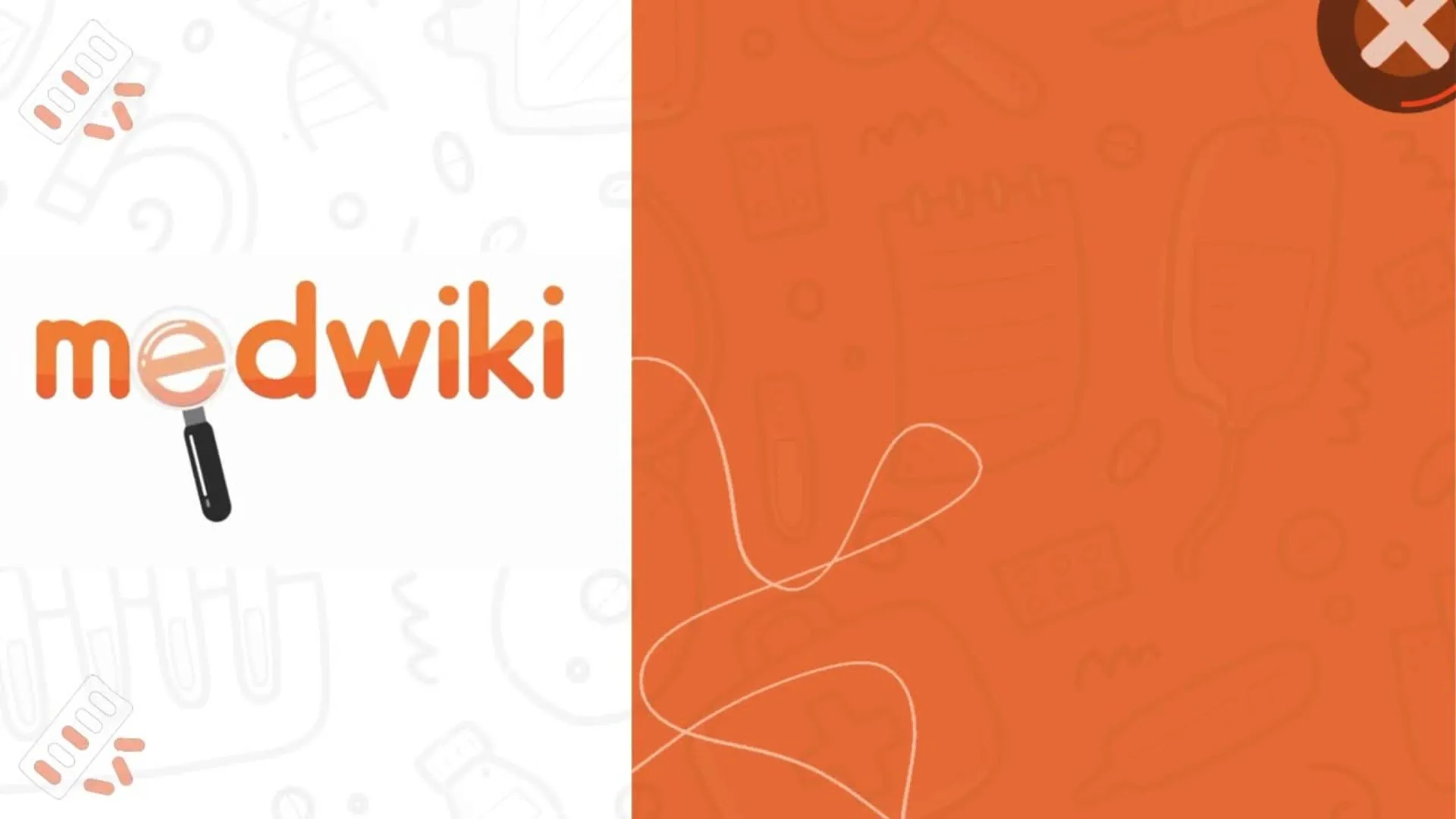Aceclofenac
DRUG STATUS

Approvals
UK(BNF)

Essential Medicine
NO

Teratogenicity
Unlisted

Pharmaceutical Class
Nonsteroidal Anti-inflammatory Drug

Aceclofenac
Know More About This Medicine -
Click HereSummary
Aceclofenac is used to manage pain and inflammation associated with conditions like osteoarthritis, rheumatoid arthritis, and ankylosing spondylitis.
Aceclofenac works by blocking a substance in your body called prostaglandin, which causes pain and swelling. It's quickly absorbed into your bloodstream and also gets into the fluid around your joints.
The usual dosage for adults is 100 milligrams of Aceclofenac in the morning and 100 milligrams in the evening. It's taken orally, usually as a tablet.
Common side effects include gastrointestinal symptoms like nausea, abdominal pain, diarrhea, and dyspepsia. It may also cause dizziness, drowsiness, or blurry vision. Serious risks include peptic ulcers, gastrointestinal bleeding, cardiovascular events like stroke, and renal impairment.
Aceclofenac should not be used during pregnancy or breastfeeding, or by anyone with stomach ulcers, bleeding problems, or allergies to similar medicines. It should be used cautiously in older adults and those with liver or kidney problems. Combining it with other similar pain relievers can increase the risk of stomach problems.
Indications and Purpose
What is Aceclofenac used for?
Aceclofenac is indicated for managing pain and inflammation in osteoarthritis, rheumatoid arthritis, and ankylosing spondylitis.
How does Aceclofenac work?
Aceclofenac is a medicine that reduces pain and inflammation. It works by blocking a substance in your body called prostaglandin, which causes pain and swelling. After you take it, it's quickly absorbed into your bloodstream and reaches its highest level in a couple of hours. It also gets into the fluid around your joints. Most of the medicine is bound to proteins in your blood, and it's mostly removed from your body through your urine.
Is Aceclofenac effective?
Aceclofenac is a medicine that helps ease pain and swelling in joints. It works by stopping the body from making substances that cause pain and inflammation. It gets into your bloodstream quickly and reaches its highest level in a few hours, also getting into the fluid around your joints where it's needed.
Clinical studies support its efficacy in managing conditions like arthritis
How does one know if Aceclofenac is working?
Improvement in pain, swelling, or stiffness within a few hours to days of starting treatment suggests effectiveness. Consult your doctor if symptoms persist.
Directions for Use
What is the usual dose of Aceclofenac?
Take 100 milligrams of aceclofenac in the morning and 100 milligrams in the evening. That's the right amount for grown-ups. Don't give it to anyone younger than 18.
How do I take Aceclofenac?
Take the 100mg Aceclofenac tablet whole with a drink. You can take it with or without food; food just changes how quickly it works, not how well it works. There are no special foods to avoid.
For how long do I take Aceclofenac?
The duration depends on the condition being treated and should be determined by a healthcare professional. Prolonged use should be avoided to minimize risks.
How long does it take for Aceclofenac to start working?
It takes about 1 to 3 hours after you swallow a medicine for the highest amount of it to be in your blood.
How should I store Aceclofenac?
Keep the medicine aceclofenac in a cool place. A temperature below 25 degrees Celsius (about 77 degrees Fahrenheit) is best to prevent it from spoiling.
Warnings and Precautions
Who should avoid taking Aceclofenac?
Aceclofenac is a strong pain reliever, but it's not for everyone. If you have stomach ulcers, bleeding problems, or are allergic to it or similar medicines, you shouldn't take it. Older people and those with liver or kidney problems need to be extra careful and may need a lower dose. The longer you take it and the higher the dose, the greater the risk of heart problems. Take the smallest amount needed for the shortest time. Don't take other similar pain relievers at the same time.
Can I take Aceclofenac with other prescription drugs?
Aceclofenac is a pain reliever. Don't take it with other similar pain relievers (like ibuprofen or Celebrex) because that increases the chances of stomach problems, especially bleeding. Older people are more likely to have these problems if they take aceclofenac.
Can I take Aceclofenac with vitamins or supplements?
No direct interactions are specified, but caution is advised with supplements affecting the gastrointestinal tract or kidneys. Consult your doctor for specific advice.
Can Aceclofenac be taken safely while pregnant?
Aceclofenac is a pain reliever that shouldn't be used during pregnancy, especially in the last three months. If it's used earlier in pregnancy, the smallest amount for the shortest time is best. After 20 weeks of pregnancy, doctors should watch for low amniotic fluid or problems with the baby's heart blood vessel if Aceclofenac is used. If these problems happen, stop taking the medicine. We don't know if Aceclofenac passes into breast milk.
Can Aceclofenac be taken safely while breastfeeding?
Aceclofenac is a medicine that shouldn't be used while breastfeeding. We don't know for sure if it passes into breast milk, but tests on rats showed very little transfer. Only use it if the mother's need for the medicine is more important than any possible risk to the baby.
Is Aceclofenac safe for the elderly?
For older adults, give the smallest amount of Aceclofenac needed, only for as long as necessary to relieve pain. Watch closely for stomach bleeding. Usually, you don't need to change the dose, but if side effects happen more often, be extra careful.
Is it safe to exercise while taking Aceclofenac?
Aceclofenac can make you feel dizzy, lightheaded, sleepy, tired, or have blurry vision. If you experience these, don't drive or use tools or machines. It might also make it hard to exercise, especially if you're doing something intense.
Is it safe to drink alcohol while taking Aceclofenac?
Alcohol may increase the risk of gastrointestinal irritation. It is best to avoid alcohol during treatment.






.svg)






